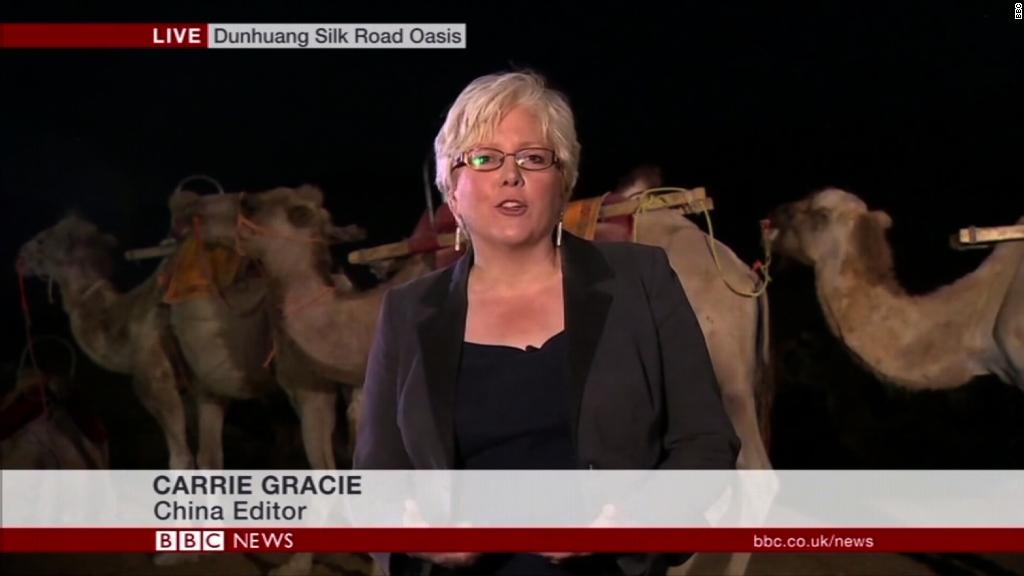
An Australian energy company is giving hundreds of female employees a raise to make sure they get paid the same amount as their male counterparts.
It's "not right or fair to expect women to have to wait any longer for the pay gap to close -- so, we're fixing that right now," said Catherine Tanna, managing director of Energy Australia, said in a statement announcing the move.
Around 350 women at the electricity and gas supplier will receive a one-off adjustment to their salaries, with an average increase of about 3,500 Australian dollars ($2,740), according to the company. About 80 men who earn less than colleagues doing the same job will also get a salary bump.
The raises will add an extra 1.2 million Australian dollars ($940,000) to the company's annual salary bill. It announced the investment Wednesday, on the eve of International Women's Day.
Related: #MeToo and #TimesUp have pushed 48% of companies to review pay policies
The changes will be made quickly. Energy Australia said the new pay packages will go into effect next month, effectively closing the company's current 2% gender pay gap.
But addressing the broader issue of unequal pay across Australia will take a lot longer.
Australian women earn on average about 84 cents for every dollar that men earn, according to government figures. The gap widens once annual bonuses and other additional payments are included, with women earning about 73 cents for every dollar that men earn.
That means men working full time earn nearly 27,000 Australian dollars ($21,000) a year more on average than full-time women employees, according to Australia's Workplace Gender Equality Agency.
Related: Iceland makes it illegal to pay women less than men
Everyone is playing catch up to Iceland.
The Nordic country made it illegal to pay women less than men earlier this year, requiring companies to proactively get equal pay certification from the government.
Iceland ranks first among 144 countries for gender equality across politics, education, pay and health policies, according the World Economic Forum's annual report on the issue.
Australia comes in at 35, while the US is ranked 49.

